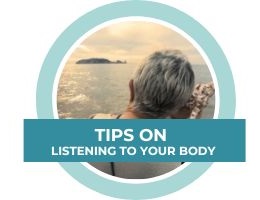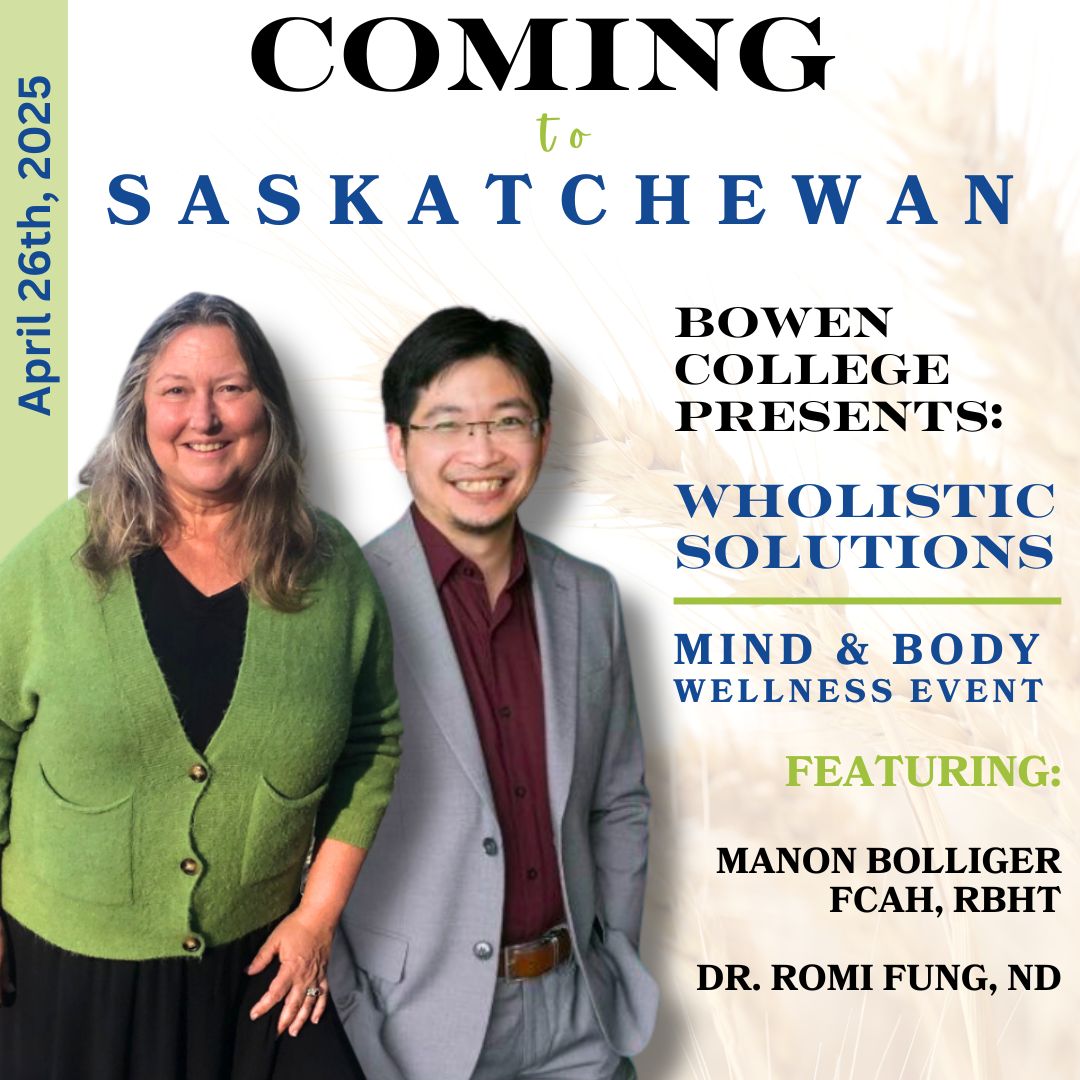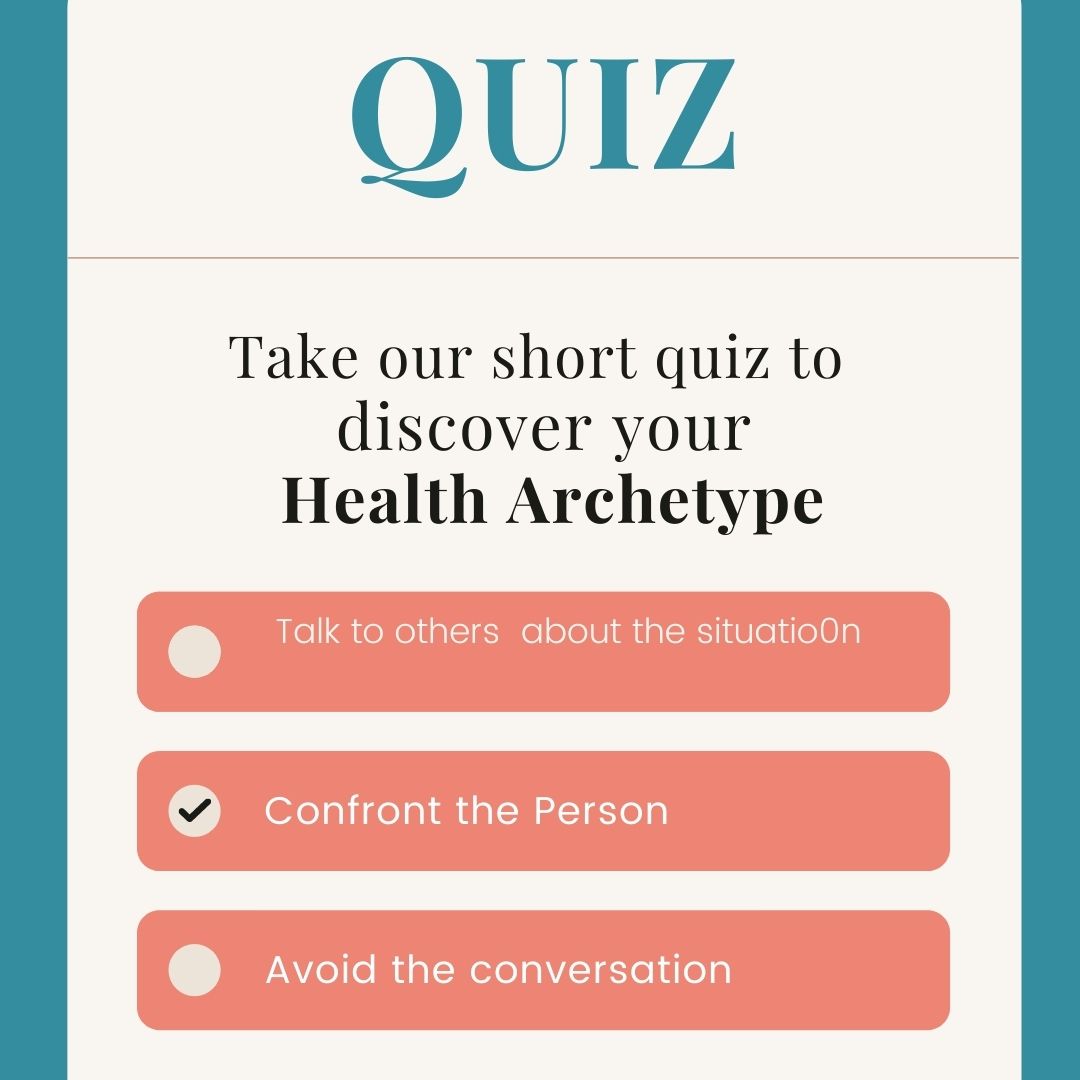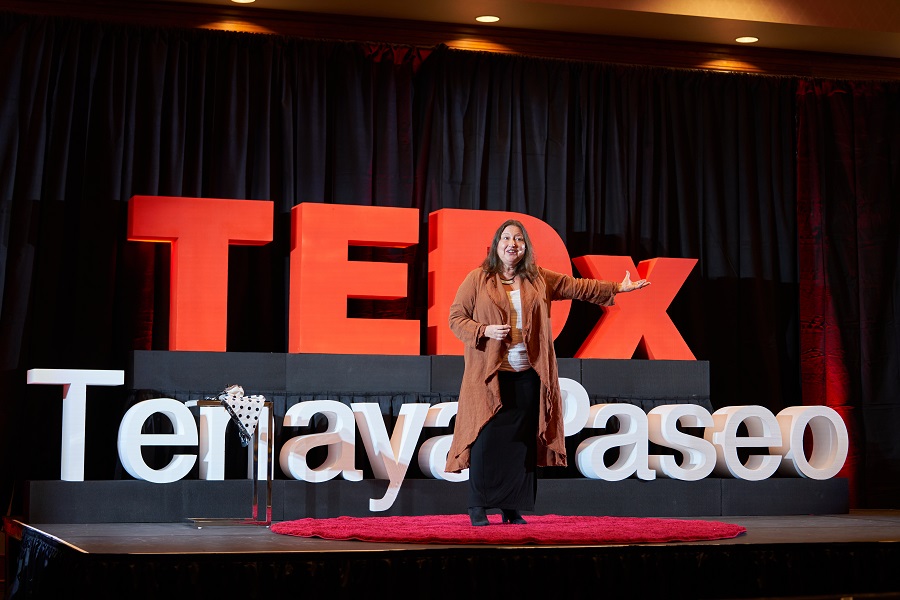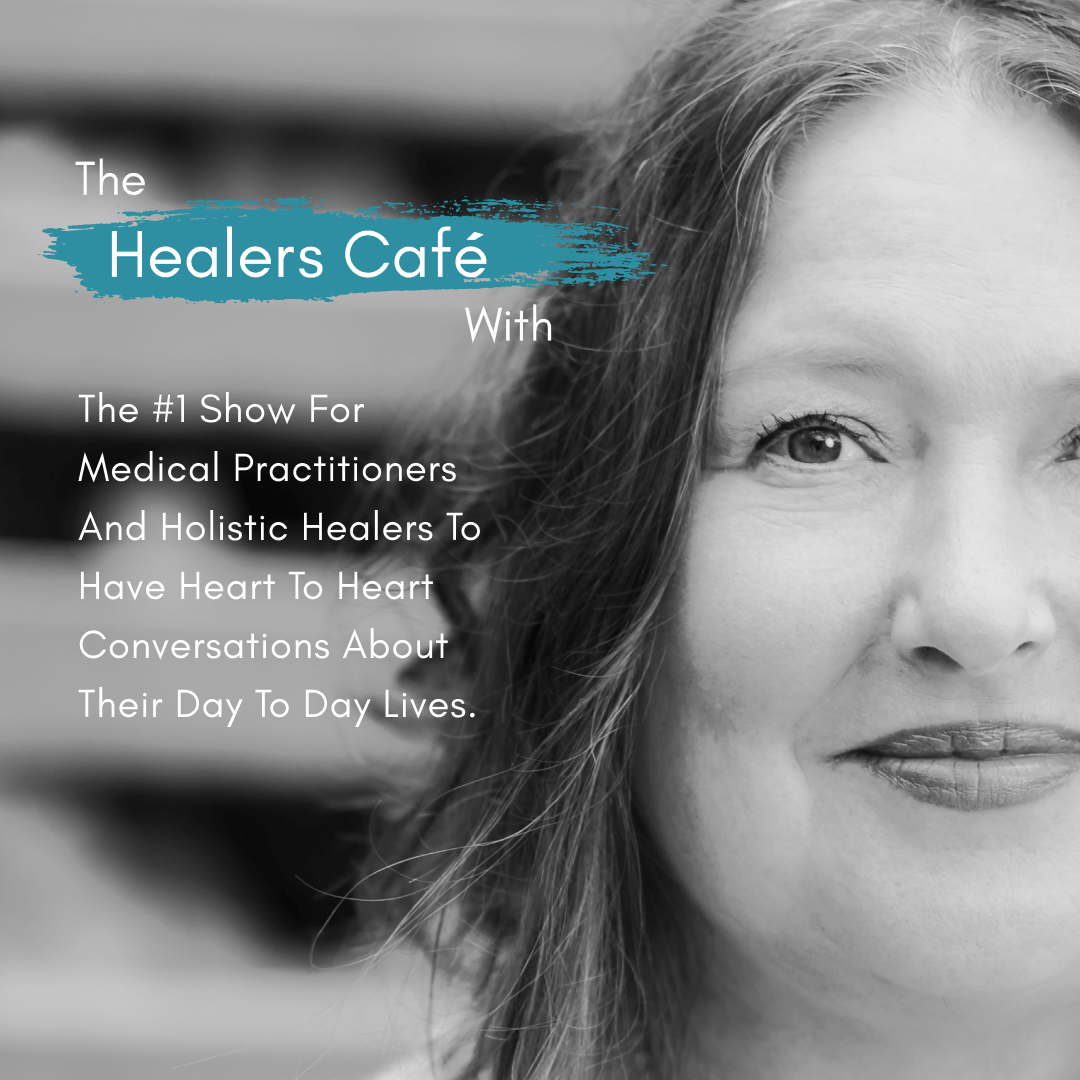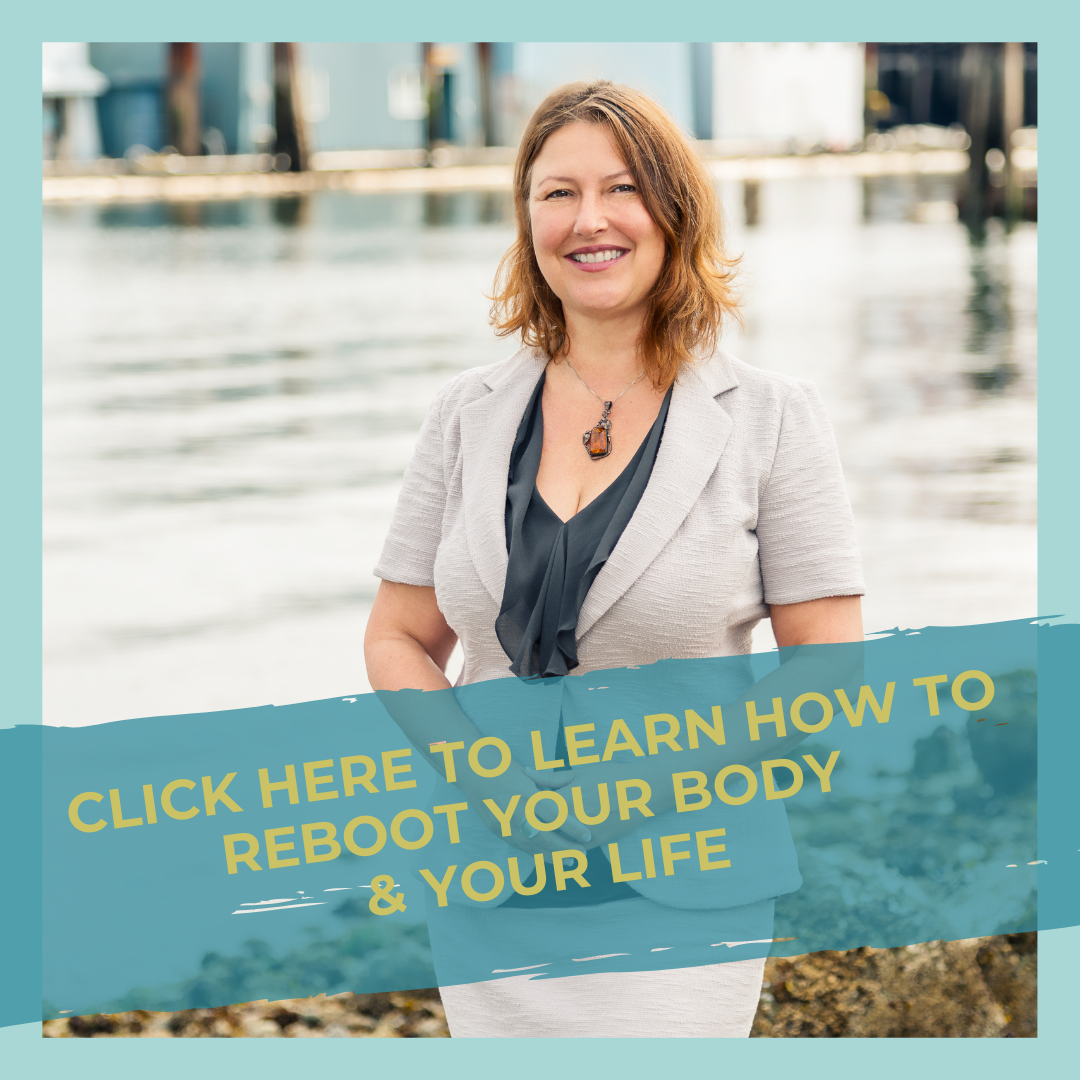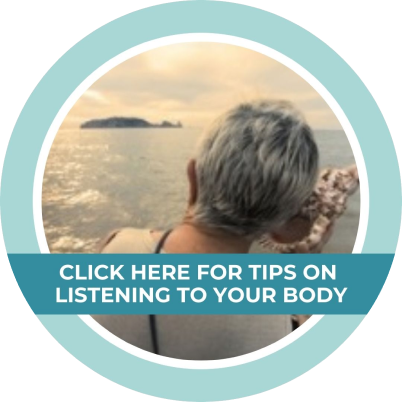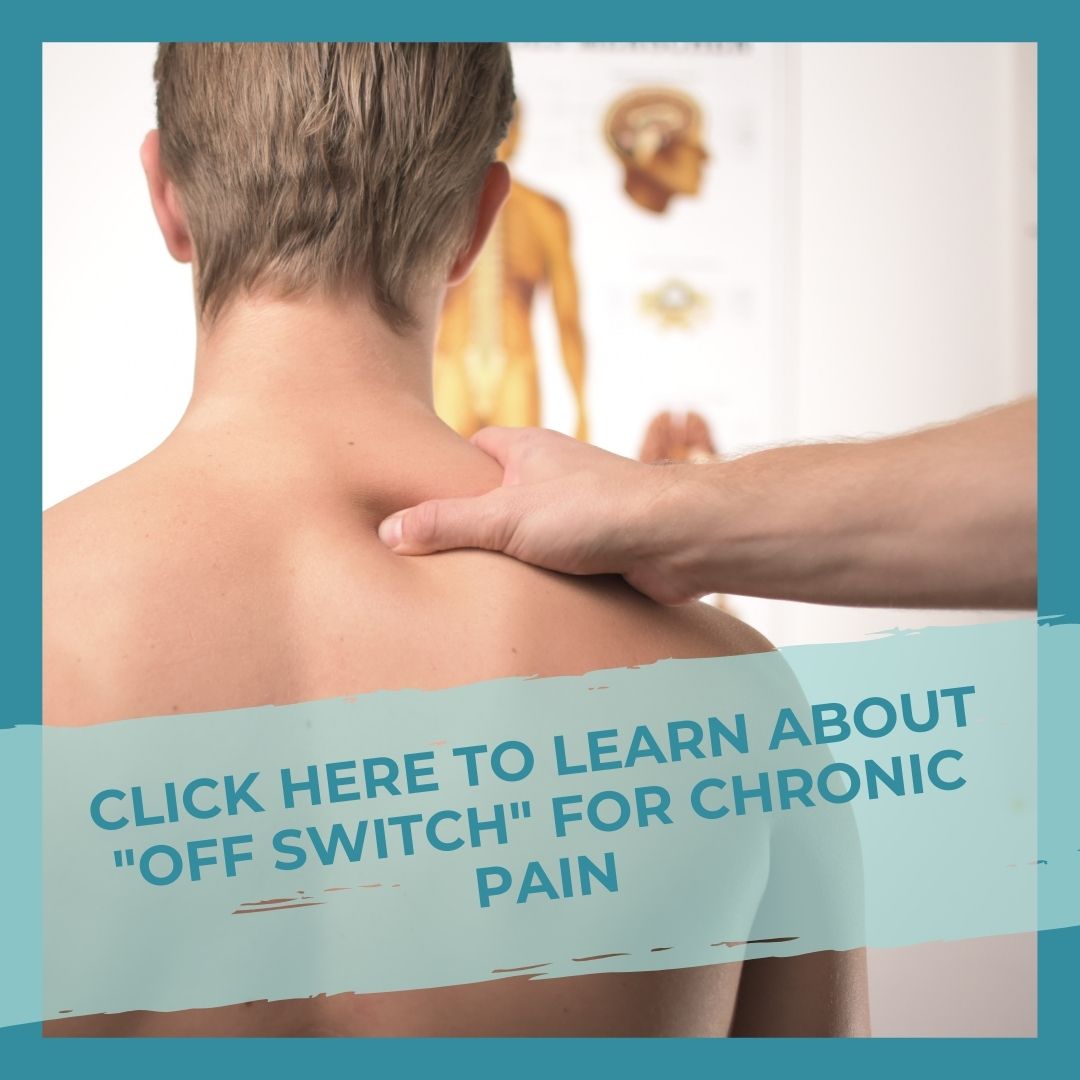
The #1 show for medical practitioners & holistic healers to have heart to heart conversations about their day to day lives.
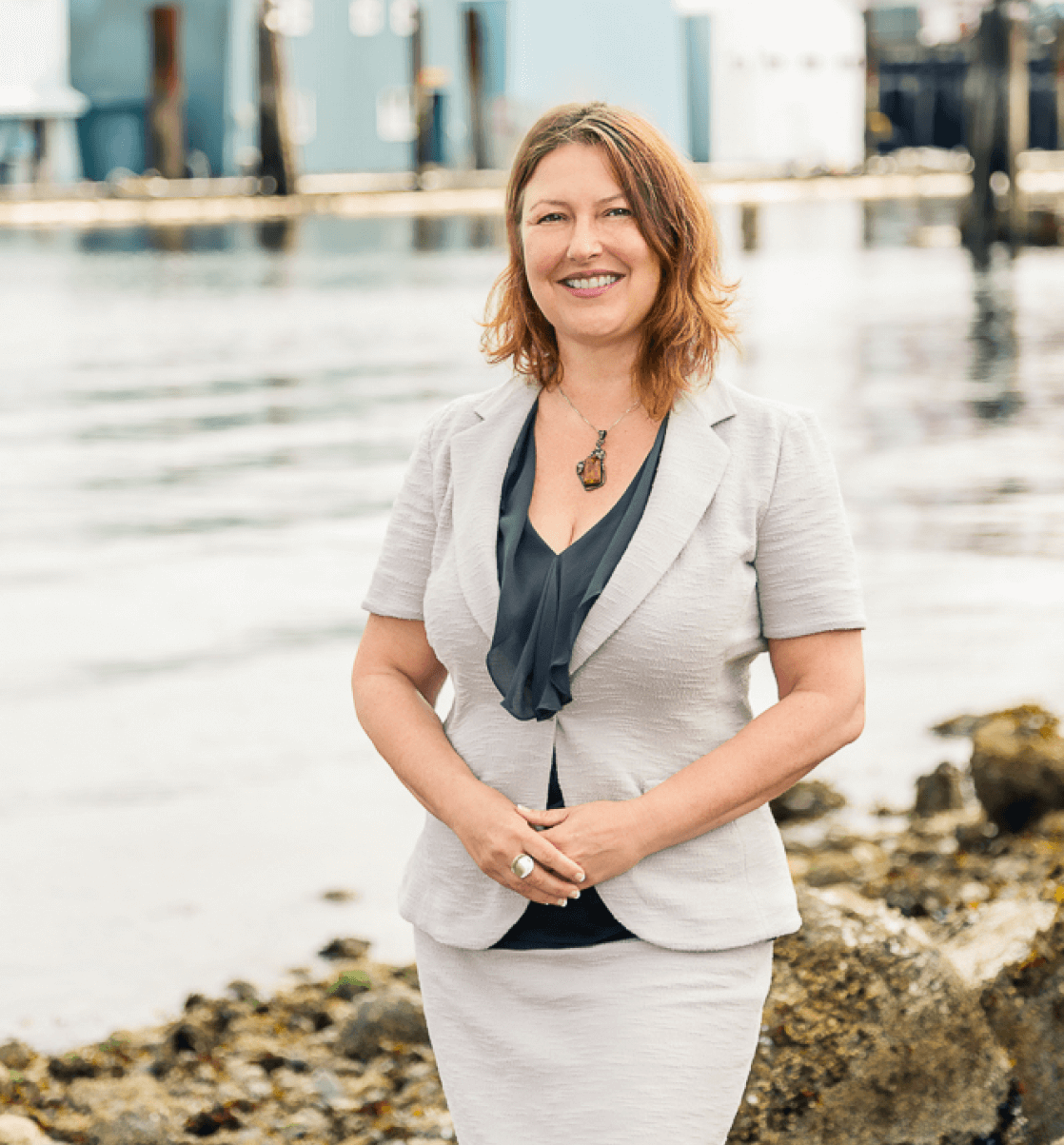
Manon Bolliger (Deregistered with 30 years of experience in health)
iTunes | Google Play | Spotify | Libsyn | iHeartRadio | Gaana | The Healers Cafe | Radio.com | and many more
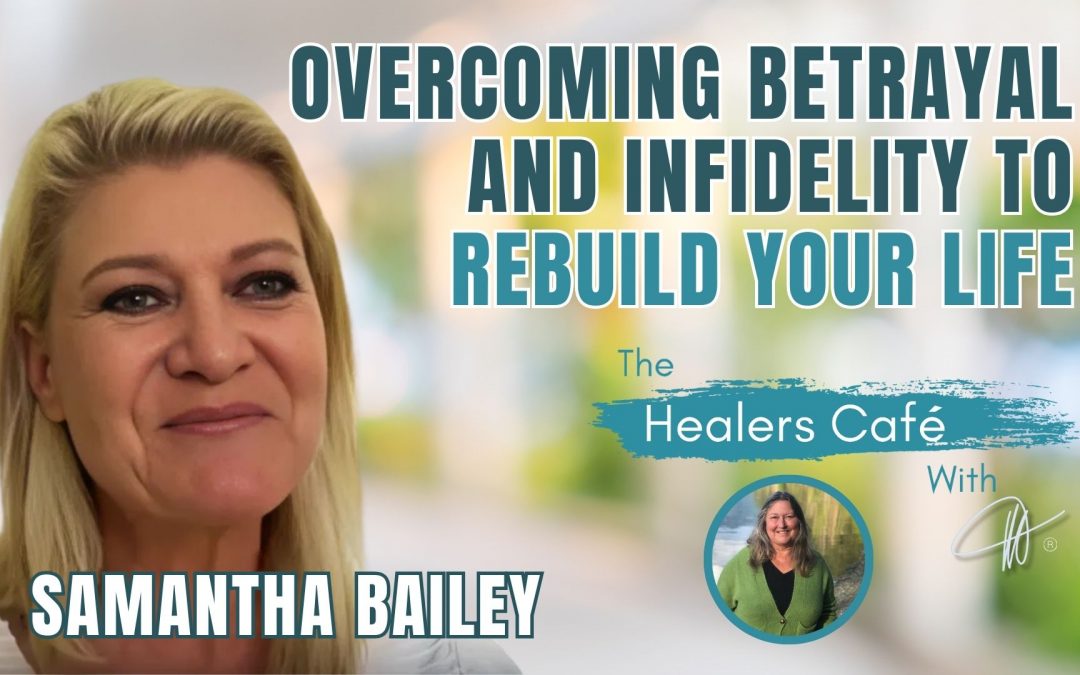
Samantha Bailey
Overcoming Betrayal and Infidelity to Rebuild Your Life – Samantha Bailey on the Healers Café
In this episode of The Healers Café, Manon Bolliger, FCAH, RBHT, speaks with Samantha Bailey about navigating the journey of healing after betrayal, embracing forgiveness, and finding purpose through resilience.
Highlights from today’s episode include:
Samantha Bailey you know, he was so amazing to me and treated me wonderful. And when I started my healing journey, I realized that there were many signs. But when you trust someone completely, you don’t, you’re not looking for anything, so you take them at their word
Samantha Bailey It was like someone threw a grenade into my heart and it exploded, and the enemy was my husband, who, again, was supposed to be there to protect me and love me and that wasn’t the case.
– – – – –
– – – – –
Manon Bolliger 11:58
So, it really is about acknowledging what happened and moving forward. I mean, not avoiding the feelings that you would go through, but not kind of roasting in them, basically.
ABOUT SAMANTHA BAILEY:
Born and raised in Canada, I moved to Texas in the early 90s, making it my permanent home. As a mother of six and grandmother of four, my life has been centered around nurturing and supporting others, a theme that carried into my professional life. I thrived in roles that allowed me to make a positive impact on people, focusing on empathy, understanding, and service.
However, my world was turned upside down when I uncovered traumatic truths about my marriage. Learning of my husband’s hidden world—sugar babies, escorts, and numerous affairs—left me feeling shattered, lost, and utterly alone. In that darkness, I found myself in need of the very support I had always offered others. Journaling became my refuge, a place to pour out my pain and begin to heal. This journey ultimately led to the creation of my book, Deceptive Liaisons, written as a survival guide for anyone experiencing similar struggles, hoping to bring them solace and strength.
I am also currently training to become a Certified PBT Coach (Post Betrayal Transformation) to deepen my understanding and enhance my ability to help others. Betrayal trauma, whether in personal relationships, friendships, or family, can feel overwhelming and isolating. I am passionate about guiding others through the process, offering them the tools, support, and hope they need to heal.
In my book, I offer insights on crucial first steps after betrayal, focusing on self-care and emotional safety. I also cover common mistakes that can hinder healing, sharing guidance to avoid actions that might prolong the pain. Having survived betrayal myself, I believe in the power of resilience, and my mission is to help others not just survive, but rebuild and ultimately thrive.
Core purpose/passion: My mission is to empower those who have faced betrayal and trauma by sharing my own journey of healing and resilience. Through my story, I hope to offer guidance and support for anyone navigating their darkest moments, helping them find the strength to rebuild their lives and emerge stronger. I’m dedicated to fostering a community of understanding and courage, reminding each person that no matter how broken they may feel, they have the power to rise and thrive. Transformation is possible, and my goal is to inspire others to reclaim their lives with renewed strength and purpose.
ABOUT MANON BOLLIGER, FCAH, RBHT
As a recently De-Registered board-certified naturopathic physician & in practice since 1992, I’ve seen an average of 150 patients per week and have helped people ranging from rural farmers in Nova Scotia to stressed out CEOs in Toronto to tri-athletes here in Vancouver.
My resolve to educate, empower and engage people to take charge of their own health is evident in my best-selling books: ‘What Patients Don’t Say if Doctors Don’t Ask: The Mindful Patient-Doctor Relationship’ and ‘A Healer in Every Household: Simple Solutions for Stress’. I also teach BowenFirst™ Therapy through Bowen College and hold transformational workshops to achieve these goals.
So, when I share with you that LISTENING to Your body is a game changer in the healing process, I am speaking from expertise and direct experience”.
Mission: A Healer in Every Household!
For more great information to go to her weekly blog: http://bowencollege.com/blog.
For tips on health & healing go to: https://www.drmanonbolliger.com/tips
SOCIAL MEDIA:
– Linktr.ee | Rumble | Gettr | Facebook | Instagram | LinkedIn | YouTube | Twitter |
About The Healers Café:
Manon’s show is the #1 show for medical practitioners and holistic healers to have heart to heart conversations about their day to day lives.
Subscribe and review on your favourite platform:
iTunes | Google Play | Spotify | Libsyn | iHeartRadio | Gaana | The Healers Cafe | Radio.com | Medioq | Audacy |
Follow The Healers Café on FB: https://www.facebook.com/thehealerscafe
Remember to subscribe if you like our videos. Click the bell if you want to be one of the first people notified of a new release.
* De-Registered, revoked & retired naturopathic physician after 30 years of practice in healthcare. Now resourceful & resolved to share with you all the tools to take care of your health & vitality!
TRANSCRIPT
Introduction 00:00
Welcome to the Healers Café. The number one show for medical practitioners and holistic healers, to have heart to heart conversations about their day to day lives, while sharing their expertise for improving your health and wellness.
Manon Bolliger 00:22
Welcome to the Healers Cafe. And today I have with me Samantha Bailey. She was actually born and raised in Canada, and that’s where we’re from, and she moved to Texas in the early 90s, making that her permanent home. She is a mother of six and a grandmother of four, and her whole life has been centered around nurturing and supporting others, which is basically the theme that carried into her professional life. Now, I think the rest I mean, you’ve become a certified coach, and you work with post betrayal transformation. I think enough said, from my part about you, I just want to welcome you, and, yeah, I want to ask you how this all transformed, and how you got into it, and whatever you’re willing to share or not.
Samantha Bailey 01:28
Well, first of all, thank you so much for having me. It’s always a great platform for others to hear that there’s hope for healing. And I’ll go into my story. About five years ago, I was living in Hawaii, absolutely loving paradise and enjoying life, until one day, I found out that my husband was having what I thought was one affair and within a year and 80 days later, and a bunch of trickle truths and half truths, I found out he was having multiple affairs with Sugar Babies, escorts, prostitutes, and spending 1000s upon 1000s of dollars on them, on luxury trips, fine dining, designer shopping sprees, five star hotels, you name it, sex as well. And he, you know, it really put me in a very, very dark place for a long time. I just kept spiraling down, down, down. The more I heard, the less I understood. And it was difficult because, you know, my head would hear something, but my heart felt another thing, so I couldn’t connect, because it was just like I was in denial, like even though I knew it was true, I just I couldn’t believe that this man who supposedly was supposed to love me, protect me, honor me, be there for me, was a different man altogether than …..
Read more...
I knew.
Manon Bolliger 03:04
And you know, because betrayal often the hardest part is that you you really believe your reality. You know the first one you know. So how long had you been together? I mean, obviously, if you’ve had, what is it four children?
Samantha Bailey 03:24
Yeah, well, we were married almost…well, we were married just over 20 years. And it, you know, it’s true. Initially, I didn’t for three years when I was in a bad place. I didn’t see any signs. I’m like, How could I not know? And you know, he was so amazing to me and treated me wonderful. And when I started my healing journey, I realized that there were many signs. But when you trust someone completely, you don’t, you’re not looking for anything, so you take them at their word. But there were many, many signs that I not necessarily ignored. He just was very good at lying and being dishonest and convincing me that I was, you know, the love of his life, because he was, at the time, the love of my life. And it turned out to be, you know, different from what I thought I thought my world was. It was like someone threw a grenade into my heart and it exploded, and the enemy was my husband, who, again, was supposed to be there to protect me and love me and and that wasn’t the case.
Manon Bolliger 03:29
And did it come up at all in your realization of what was happening, or in his I guess when it came out that there was something not good about it, in the sense of he was not well, or this was wrong, or was it just that? It’s like, how did he work with that?
Samantha Bailey 05:05
Yeah, that’s a great question. So he never blamed me. He actually said that I was the best thing that ever happened to him. And he blamed it on a lot of childhood trauma and it, you know, I understand childhood trauma, but it’s difficult for me to see someone make the extreme choices he made. Choices to, you know, set up a profile, choices to, you know, book hotels and trips and everything that he was doing to make his you know, secrecy come to life. And when we married just after, shortly after, I found out he had a very huge porn addiction that I asked him multiple times to get help for. And he, you know, many promises, yes, I don’t want to lose you. I’m going to go get help. But when that dopamine high isn’t enough from the porn he stepped out and and acted out.
Manon Bolliger 06:11
So, yeah, let’s talk about what…I mean,,,definitely it’s betrayal. But what? What is betrayal like? What, what? How would you define it?
Samantha Bailey 06:23
Yeah, well, betrayal can happen in many different forms, and it can happen like this. Betrayal for me was the betrayal of my trust, basically, and the betrayal of, you know financial infidelity, along with you know, it affecting our children, because they were betrayed as well, and they were traumatized because they thought we had this beautiful family unit, and again, it wasn’t so. So betrayal, for me, is something that can happen to you personally, and it’s usually from someone you know and love. It can be a family member, it can be a loved one, it can be a friend, and it affects more than one person. Like I said, my kids were affected. Friends of ours were surprised, because, you know, they thought he was a model citizen. And, you know, again, he didn’t…he was so good at hiding things that nobody ever suspected.
Manon Bolliger 07:37
So, so you mentioned that there’s like, typical steps that I mean, there’s steps you go through, but then there’s mistakes that you can avoid. Do you want to just sort of go through that?
Samantha Bailey 07:54
Yeah, absolutely. So I think one of the things and reasons why my healing delayed, because I was doing so many things wrong, and that’s kind of how I came upon writing my book. Because I realized I journaled a lot, and looking back, I was like, Wow, I did that, and I did this every day, and I want to share with other you know, for me, there’s no gender bias in betrayal. But for me, it’s an understanding from a woman’s perspective. So I wanted to make sure no other woman who has experienced betrayal trauma go through the same mistakes that I made, and I also offer suggestions like, you know, find a therapist as soon as you can, one that specializes in betrayal trauma. I went to a couple of therapists initially, and shared my story, and they were like, you know, shocked. I don’t want my therapist to be shocked. I want help from them, you know, when they’re kind of like, well, what do I say? Because I’ve never heard this before, and this is all new to me, so it’s really good to find someone that is experienced in that area. Also, I would avoid alcohol, because alcohol is a depressant. You’ve already got a gaping wound. You don’t need to pour salt in it, cannabis as well. It might or might may not offer temporary relief, but again, it’s going to delay your healing. And in order to heal, you have to feel. You do have to go through the stages of grief. You can’t just go from one place and jump. You have to feel. Sometimes it’s a hard place to feel, but in order to get through that to the next stage, you have to experience it.
Manon Bolliger 09:50
So you just to make sure I heard you right. It’s, it’s like stages of grief. You’re saying it’s,
Samantha Bailey 09:57
Yeah, yeah. It is. It is a…it feels just like a death, almost because you’ve lost the world that you thought you knew. And another thing that I share that I didn’t do, thankfully, but not to post your personal things on social media, there are some wonderful, wonderful betrayal, trauma help groups on Facebook that you can join, and it’s private. You can post anonymously if you want, and they’re a wonderful group of women who are there to help and assist, especially when you feel alone, because that’s a very real feeling, because you think you’re the only one at the time that’s going through this. But I want them to know that they’re not alone, and there is help out there.
Manon Bolliger 10:46
So is that one of the hardest part is feeling isolated or alone like or is it the world, your world falling apart? Are they the kind of the same?
Samantha Bailey 10:59
You know, such a mix of emotions. And when I first experienced the trauma, it was so like I went into shock. And there were days and times where I don’t remember, which, you know, the journaling was so helpful, because, you know, I could look back and track my healing progress and go, I’m not really going anywhere. I’m kind of stuck. I’m doing the same thing over again, and one of the things that I was doing was constantly looking in my rear view mirror, like looking at Facebook. When memories would come up, I would look at especially the dates when he was having affairs or gone on business trips, I was questioning, where was I? Where was he? How could I not know? And I did that every day for three years. And so again, I was looking in the rear view mirror and missing opportunities that were ahead of me because I was looking behind me.
Manon Bolliger 11:58
Yeah. So it really is about acknowledging what happened and moving forward. I mean, not avoiding the feelings that you would go through, but not kind of roasting in them, basically.
Samantha Bailey 12:14
Yeah, or suppressing them because they’re gonna harm you in the long run.
Manon Bolliger 12:22
Yeah, so you need to express them obviously. But how do you know when you can move forward from that when you’re you know how? Because, obviously it just like grief and death. Images resurface all the time.
Samantha Bailey 12:43
Yeah, flooding images and thoughts and triggers, lots of triggers. But I, it was three years and I’m like, Okay, I’m, I’m, you know, I’ve accepted it and I’ve I wasn’t over it, but I was in a place where I had accepted it, but there was no joy in my life. I was just miserable, and I was still very affected, physically, emotionally and spiritually and but I thought like, I’m I’m okay, and I’m going to move on. And I came upon a website for a quiz that showed you what stage you were, and it was out of one, one to five when you took the quiz, one being you first found out, and you’re not in a very good place. Five, you’re on the road to healing, and you’re doing really well. So my test came back as a number three, and how I like to explain it is, I had accepted it, but I was carrying around this big ball and chain. I could go from point A to point B, but it was a very heavy weight, and it was hard to pick out and move and go around, even though I could, but it just really weighed me down. So one of the first things I did was sign up for one of the courses that they had recommended. And the reason why I love this website so much is everything was so relatable. It was like, Oh, they get me, but everyone involved in the it’s the PBT Institute where I also got my certification. Has experienced betrayal trauma in one way or another. You know, some have stayed with their spouses and some have not. But I love that they all knew where I was coming from. And I felt like, oh, they get me. And I really…they have just a variety of different courses that they recommend, depending on what stage you’re in. So let’s just start until my 3rd year in and start. Looking brighter and brighter as I went on.
Manon Bolliger 15:05
So if you were to, like, say, one or two, I don’t know, sentences or words or points, whatever, that got you from stage three to stage five, what are the main things that made them?
Samantha Bailey 15:22
I stopped looking in the past. The would be the main thing, I stopped looking at Facebook memories. I stopped looking back at, you know, his Instagram. I had access to his Instagram, and I could see, you know, comments he made to other women and who he was talking to and whatnot. And I would look at that over and over and over again, so I just kind of cold turkey it, and went like, I can’t keep going back because I’m only going backwards. I need to go forwards. And then that’s when that little light started to appear in this dark tunnel. I’m like, that’s what I’m shooting for. And it wasn’t easy at first, because, you know, there was still temptation. I wanted to look back, but I knew I had to say to myself, Is this helping me or is this hurting me? If the answer was it’s going to hurt you, I would avoid it.
Commercial Break 16:27
What would your life be like if you were pain free? If you were one of the millions who suffer from chronic pain? The thought of just one day without it may seem impossible. This is often because conventional medicine tends to fall short in the treatment of pain, opting to prescribe pills or recommend surgery rather than getting to the root cause of the problem. But if you are suffering with emotional or physical pain, there is hope. Join the founder and CEO of Bowen College, Manon Bolliger, live online for your body, mind reboot, learn how to listen to your symptoms and get to the root cause of your pain, plus be trained in basic Bowen Therapy moves so that you can reboot your body for optimal health. You don’t have to live in pain. You can heal, stop the pain pill cycle by visiting www.yourbodymindreboot.com, to learn more and to register.
Manon Bolliger 17:38
Okay, so not looking at the past and and what else really helped you?
Samantha Bailey 17:45
Yeah, well, the courses that I took definitely helped me. And also Dr. Debbie, I call her, she’s written several books. I read some of her books. She too had been betrayed in two different you know, we talk about betrayal in different ways. One was from a family member, and one was from her husband, and she shared that, and it was, again, it was just so relatable. So what works for me might not work for you, so know that there are different and multiple resources for you, because it’s healing is not a linear or a straight line. It’s got a lot of ups and downs, but find something that you can connect to and that you can relate to that works for you. I took some, we did some it was a couples where we met once a week, where other couples who had experienced that probably a week or two after I found out, but I was still in a little bit of shock, so I don’t remember a lot of that. And you know, through the course he was giving, I was finding out, and he would admit to more information, you know, turned out to be over 15 different women that he was with in a two year period of time. And I was just in like this daze. So although the courses that I took initially might have been helpful for me, they weren’t, because I was still in shock. And I think one on one, counseling and therapy was critical in the beginning.
Manon Bolliger 19:36
Yeah, yeah, it makes sense. I mean, you have to get out of the shock phase first. Yeah, no, for sure, and they the dynamics. It doesn’t have to be you and your children story, but, but from what you’ve heard of others, the impact on the family was there. Did you have to…not you necessarily. I just want to protect your right to keep your life private. Was there like, because I have heard, and certainly when I was in practice, that there’s sometimes your own family turns against you or needs to blame somebody, and in fact, they’ll blame, often, the victim rather than the perpetrator. Did you come across that?
Samantha Bailey 19:41
Yeah, yeah, and baby steps. You know, everyone’s healing journey and timeline, same with greif, there’s no timeline for that. So self care is really important. And you know, you don’t have to worry about others at this point. I know some. You know, sometimes you’re a young mother and you’re just in a days doing what you have to do to get through the day and take care of your children, and then you feel guilty because, oh, I don’t remember what my children were doing, but it’s okay, because you’ll you’ll come around. No, that wasn’t the case with my children, and I actually had my husband share with them personally I wasn’t in the room so that they could ask questions and not feel like, you know, they were going to hurt me or affect me. And you know, some of my kids were very angry with him and didn’t want anything to do with him whatsoever. I actually bridged that gap for them, because, you know, he was and is a great father, and was always there for them in good and bad times. And I told them, I said, you know, he’s been there for you good times and bad times, and this is a bad time for him, and he needs you there for him. And slowly, you know, with my encouragement, they started communicating, and they all have a good relationship now, but I didn’t want them to have to choose sides that’s not fair to them, that’s gonna cause more trauma for them, and it just wasn’t fair. I wanted them to feel as close as they could to both of us without, you know, putting the bad things that he did to me in the midst of it.
Manon Bolliger 22:33
But I mean, it sounds like he’s able to acknowledge that this was not good behavior, as in, but he needed some sort of help, right? Yeah or not.
Samantha Bailey 22:49
Oh yeah. He needed help. A lot of it, yeah, and apparently he’s gotten that help, which is, you know, good, great for him. We’re no longer together. We divorced January this year, because he could not remain faithful, and that was one of my boundaries. And you know, these women that he was with were very beautiful women opposite of me, dark hair, petite. I’m 5’10” I’m not petite. And you know, I got to a point where I felt kind of, I had empathy for him, because none of these women would have been with him had he not been paying them. And to me, Wow, to feel love and affection that way is so empty. And I, you know, he, you know the women were aged 19 to 29 and a week before our 20th anniversary, he was with a 27 year old, paid her for sex, went to a hotel and didn’t realize that I had found out there’s a back story to that. So on our 20th anniversary, I served him with divorce papers, and he agreed to all the terms. So that was a good thing.
Manon Bolliger 24:12
Yeah. But I mean, everything is, you know, action, and there are people who need help and don’t get it, you know? So it’s, it’s, yeah, it’s a big thing to come to the other side and go, Wow, okay, this person is a person like you said, you know, was a dad. Is a dad was there, you know? And still, in a sense, I don’t know whether forgive is the right word, but it doesn’t…it doesn’t impact you the same way anymore. It’s like, here’s an individual that needed help, and you don’t need to be in that situation.
Samantha Bailey 24:53
Yeah, forgiveness is huge in this because it really frees you. It’s forgiving. And not forgetting. But it’s forgiving them, so that you’re not carrying that heavy burden anymore resentment and anger and and it just, it just frees you, and that lets you move forward. And sometimes you have to do it over and over again, because there were times that I, you know, feel resentful and angry, and I just have to, you know, stop and say a prayer and go. you know, I’m not, I’m not going there anymore. I’ve forgiven this, and I’m ready to just move forward. So sometimes that happens.
Manon Bolliger 25:36
Now, you have lived a very personal situation in this case. But there are betrayals that are like in our society. There are betrayals that are less personal, as in, you know, the medical system or the government, or I’ve certainly heard from many of my patients, these, these kind of feelings, any, any insight you have about that?
Samantha Bailey 26:11
Yeah, that’s, that’s an interesting question. Um, I recently, a couple of years ago, actually, my mother had hip replacement, and I felt like she was betrayed, because she had to wait over two years and live in excruciating pain before she, you know, got to have that surgery done. And yet, anyone in the professional athletic field if they’re injured or taken care of immediately. So to me, that just wasn’t fair. That’s one example I can think of. Of course we’re experiencing, you know, this election coming up and boy, I don’t know what’s going to happen, you know, be interesting to see what comes of it on Tuesday.
Manon Bolliger 27:10
Yeah, and there’s also, like, the whole medical, you know, paradigm that safe and effective, you know, that was brought on people. And you know, I can see it wasn’t as bad in the States, but in Canada. You know, if you chose not to, for example, take the recommended treatment, you couldn’t leave the country. You know, you were treated as a lesser citizen. You weren’t allowed in restaurants, you weren’t allowed, and until about a month ago in British Columbia, you weren’t allowed to be a healthcare worker anymore, so you lost your job. So there’s a lot of betrayal, you know now that finally, the censorship is breaking and you know, we know that there was, it wasn’t safe, it wasn’t effective, and there’s people’s choices, you know, and but there’s, there’s a lot of sense of betrayal there. But it’s, it’s very it’s different when it’s not personal, you know. And, but it also feel like the whole world is against, you know. And, and at least in my chats with people, you know, I say, Well, you’re not alone. That was one of the biggest things is, you know, other people talk with them and, you know, connect on that level. People’s lives have been ruined, you know, from from this as well. It’s not just, you know, because it’s wrong. Everything has impact, you know. But, um, anyway, that’s, that’s why I was asking. Because, you know, when you’ve gone through it personally. You know? What else you know, not being alone, I think, is the one that stands out the strongest. And, yeah, yeah, and it’s hard, you know, you don’t want to make excuses for the government, because it’s very easy to re victimize yourself by, you know, by saying…
Samantha Bailey 29:26
Like, absolutely and political talks and all arenas, especially social media, because I see what people post and, you know, got both sides fighting, and it’s just like, Oh, I want nothing to do with that.
Manon Bolliger 29:44
Yeah, yeah, yeah, I know it’s, it’s going to be very interesting to see what comes up.,
Samantha Bailey 29:49
Yeah, I;ll be watching the TV.
Manon Bolliger 29:53
Your book will be timely as well. You know, I think that’s the predominant feeling that people have, that those I’m in contact with anyway. So look, we’re, we’re actually at or the end of our time together. Um, any…you have a book, right that you’ve written?
Samantha Bailey 30:17
Yeah, it’s actually coming out in November. It’s called Deceptive Liaisons. And if you go to my website and put your name and email address, you’ll be the first to know when it is released for pre purchase, and all of the 100% profits from pre orders, pre sales, are going to FeedingAmerica.org, and that’ll happen two weeks before it hits the shelves. And it’ll be on every, you know, Amazon. It’ll be audiobook, ebook, paperback, hardcover, Kindle, you know, you name it, Barnes and Noble. So, yeah, I’m excited. It is help4betrayaltrauma.com and if you click on pre order, scroll down and put your name and email address, you’ll be the first and only group that will get to pre purchase it before it hits the shelves.
Manon Bolliger 31:19
Great. Okay, well, thank you so much for spending time sharing your experience.
Samantha Bailey 31:26
Well thank you, I appreciate it. Thank you so much.
Ending
Thank you for joining us at the Healers Cafe. If you haven’t already done so, please like, comment and subscribe with notifications on as I post a new podcast every Wednesday with tons of useful information and tips for natural healing that you won’t want to miss, go to DrManonBolliger.com/tips for more tips
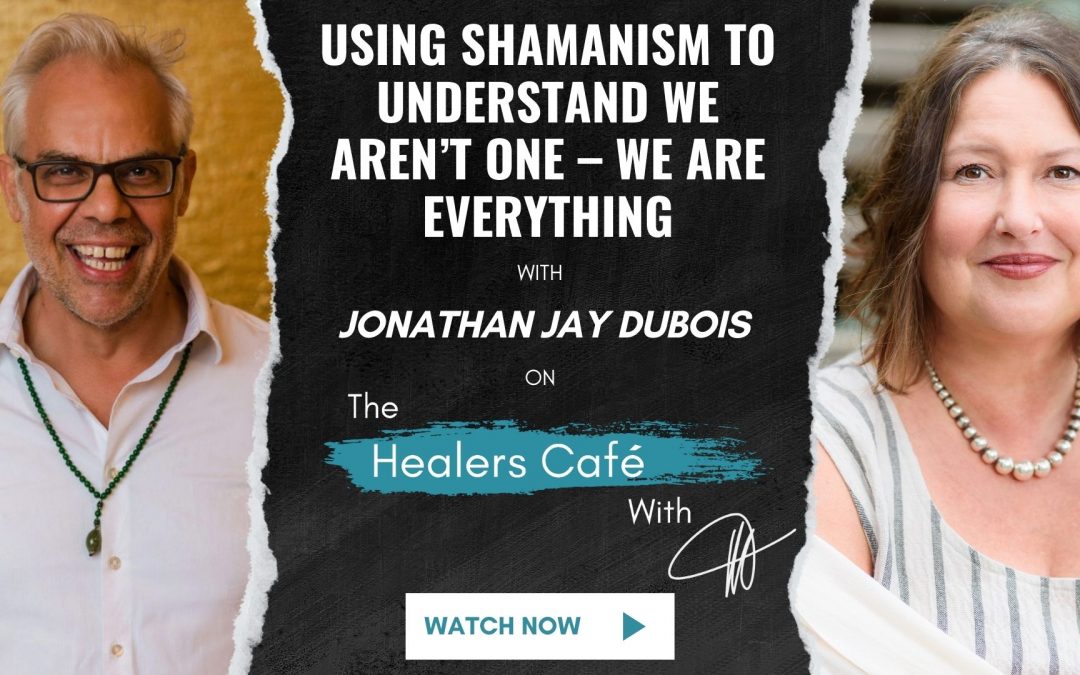
Jonathan Jay Dubois
Using Shamanism to Understand We Aren’t One – We Are Everything with Jonathan Jay Dubois on The Healers Café with Manon Bolliger
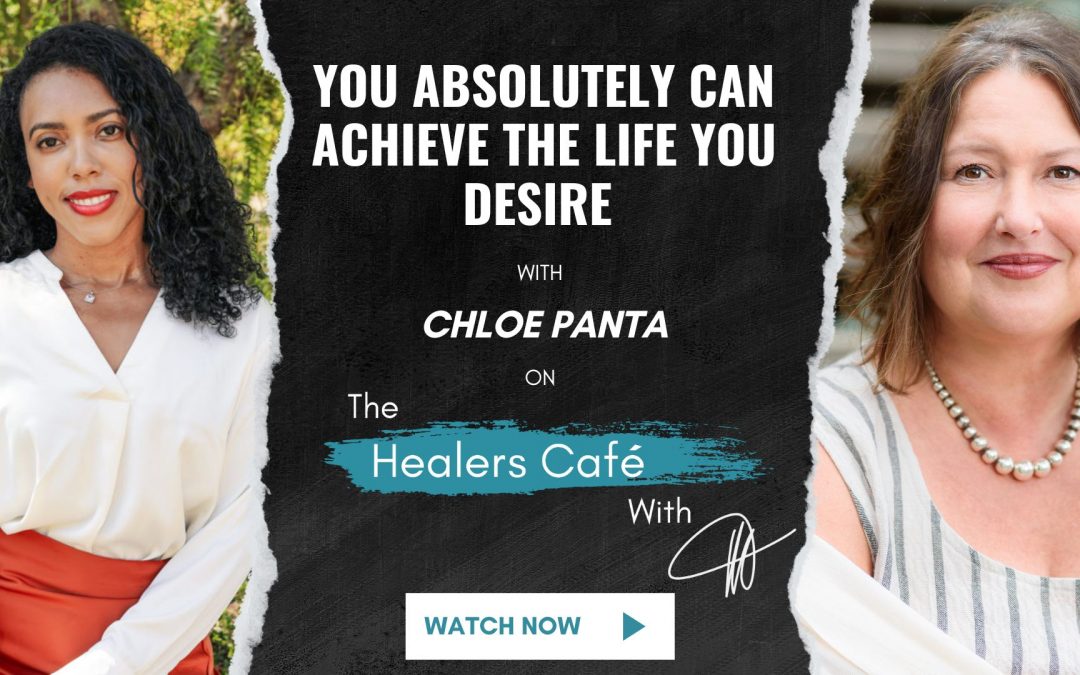
Chloe Panta
You Absolutely Can Achieve the Life You Desire with Chloe Panta on The Healers Café with Manon Bolliger
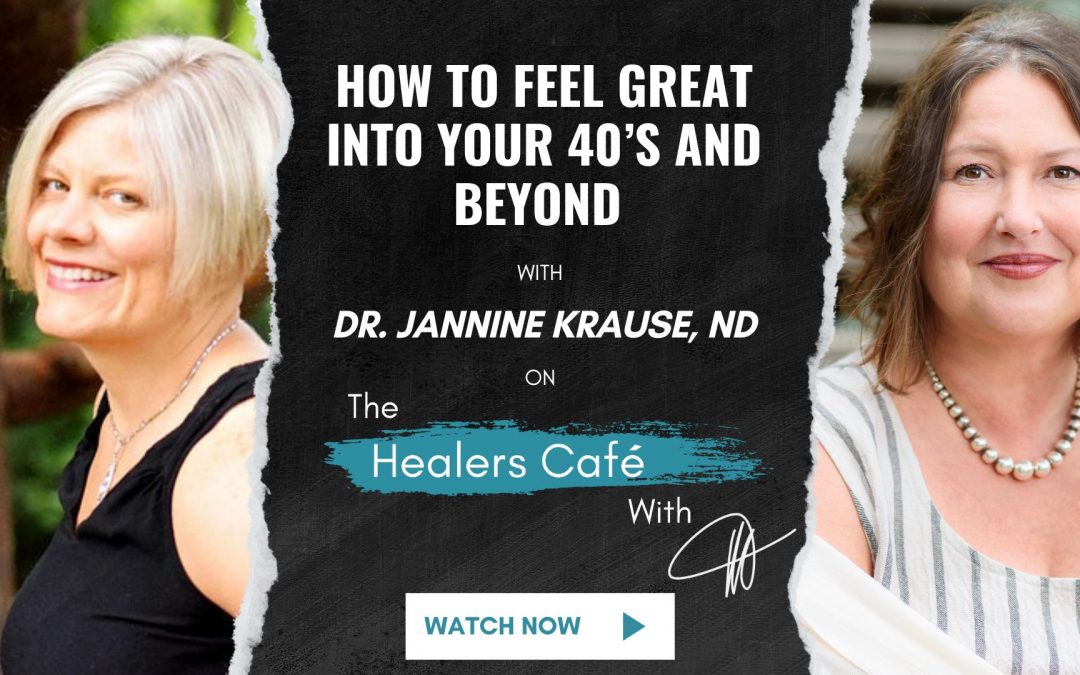
Dr Jannie Krause ND
How to Feel Great Into Your 40’s and Beyond with Dr. Jannine Krause, ND on The Healers Café with Manon Bolliger
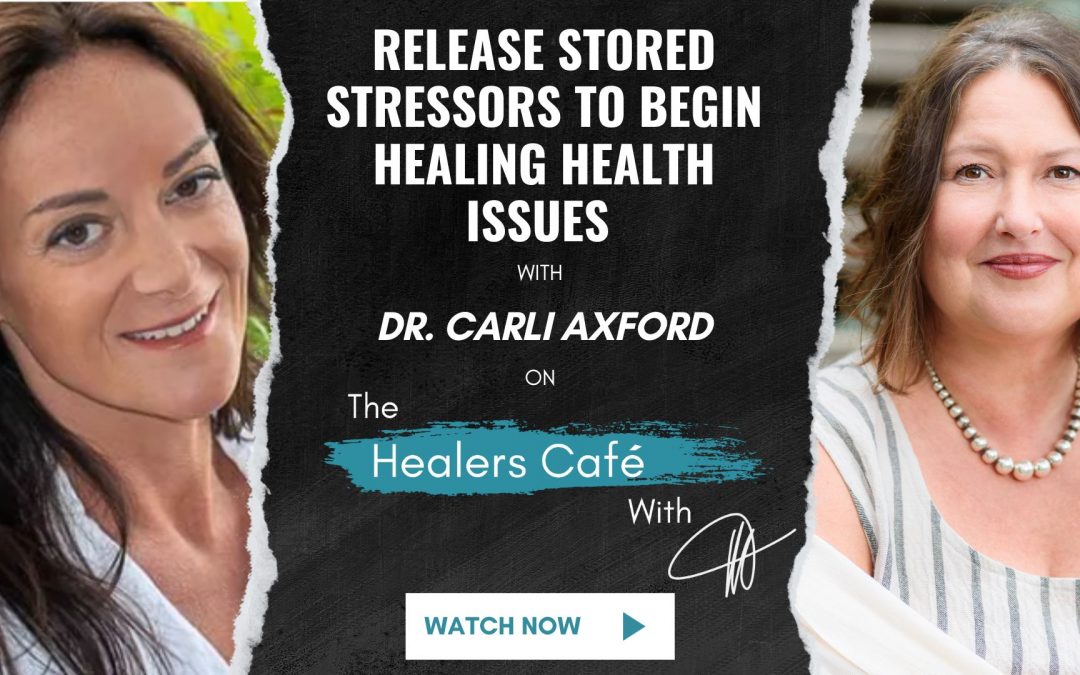
Dr Carli Axford
Release Stored Stressors to Help Heal Health Issues with Dr. Carli Axford on The Healers Café with Manon Bolliger
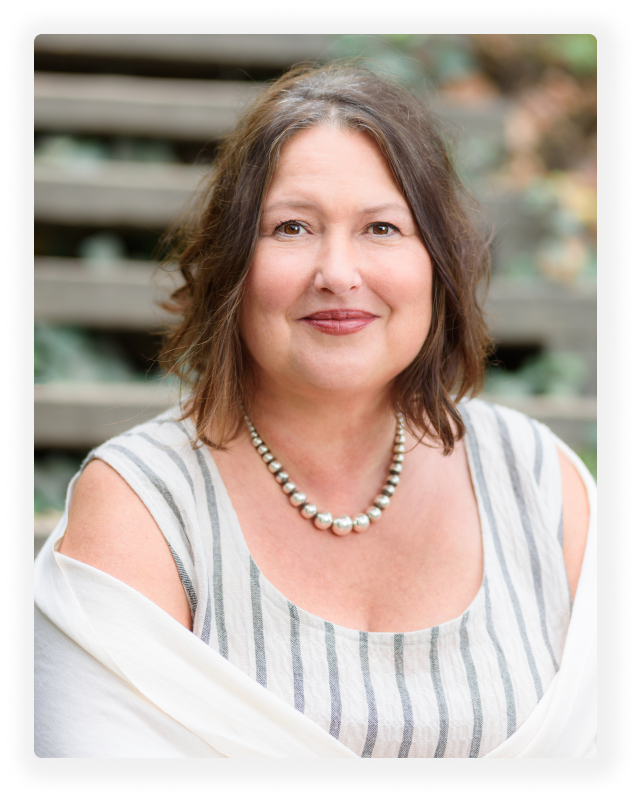
A Better Way To Connect With People
Manon is a newly retired Naturopathic Doctor, the Founder of Bowen College, an International Speaker, she did a TEDxTenayaPaseo (2021) talk “Your Body is Smarter Than You Think. Why Aren’t You Listening?” in Jan 2021, and is the author of 2 Amazon best-selling books “What Patient’s Don’t Say if Doctors Don’t Ask” & “A Healer in Every Household”.
FollOW MANON ON SOCIAL MEDIA
Manon Bolliger, FCAH, RBHT
Facilitator, Retired naturopath with 30+ years of practice, Business & Life Coach, International & TEDxTenayaPaseo (2021) Speaker, Educator, 2x Best Selling Author, Podcaster, Law Graduate and the CEO & Founder of The Bowen College Inc.
* Deregistered, revoked & retired naturopathic physician after 30 years of practice. Now resourceful & resolved to share with you all the tools to take care of your health & vitality!
![]()
